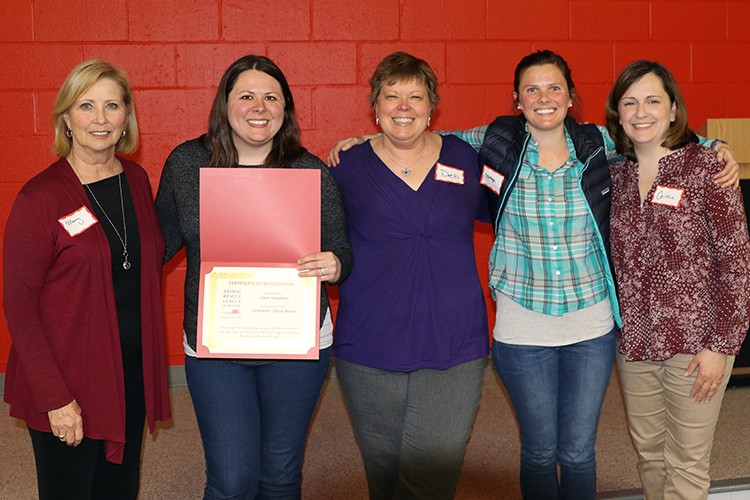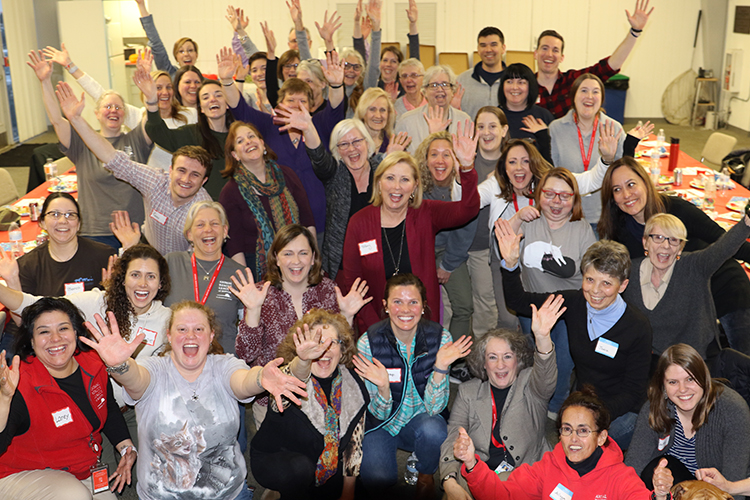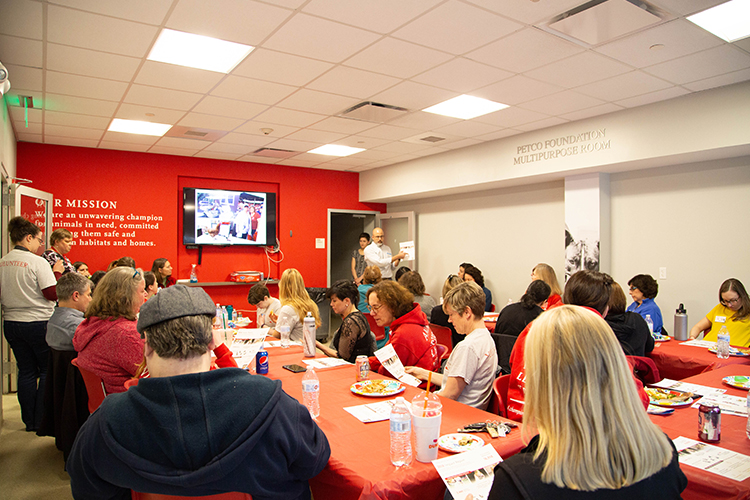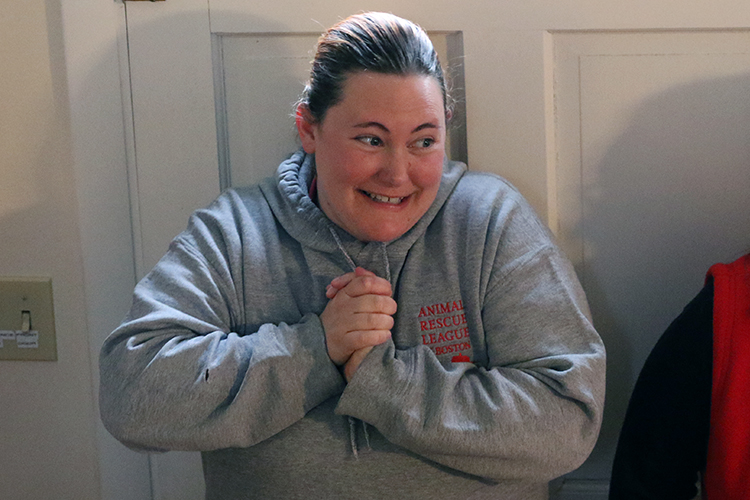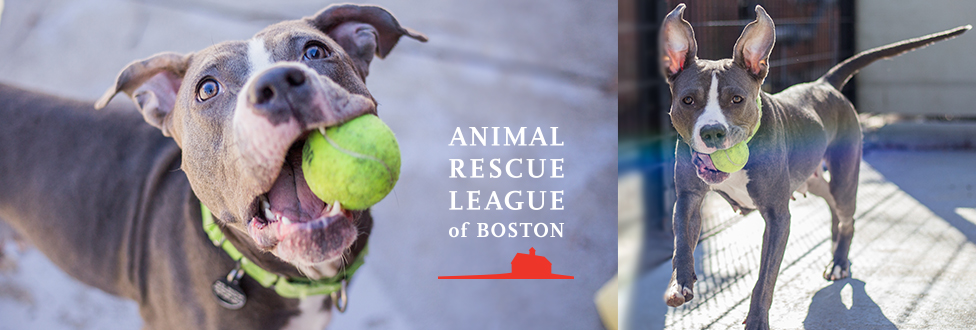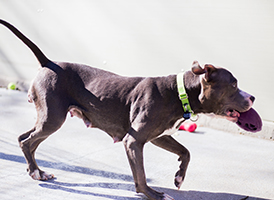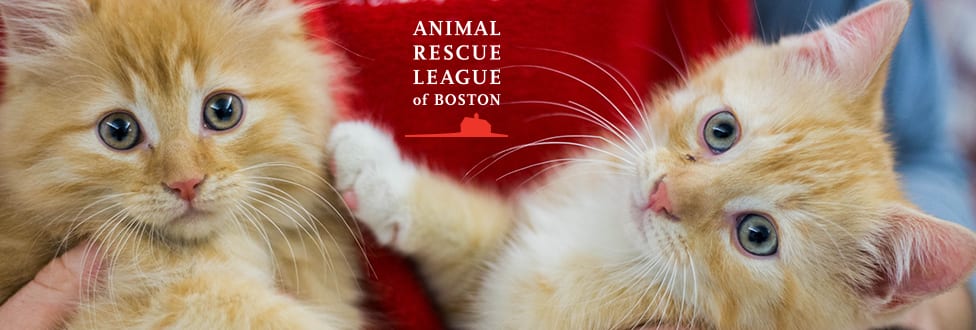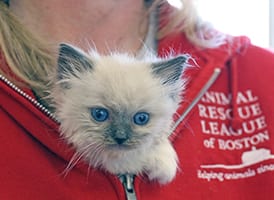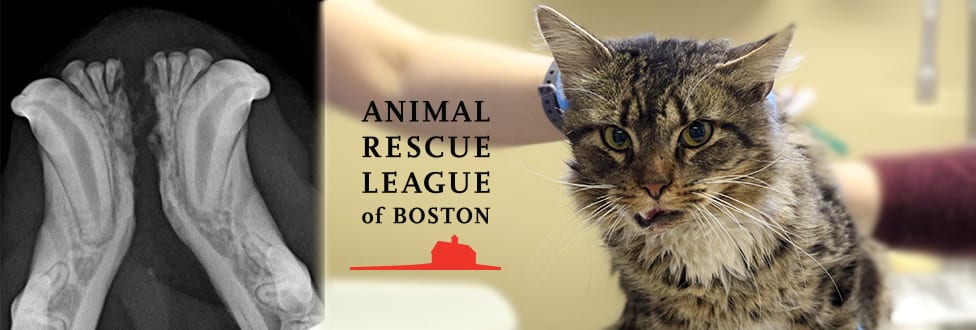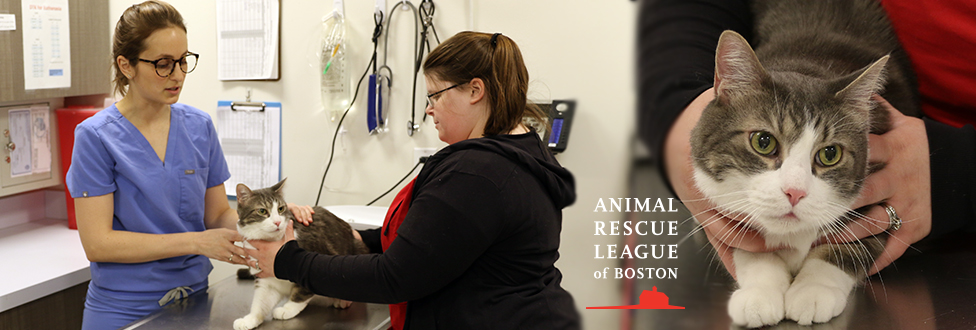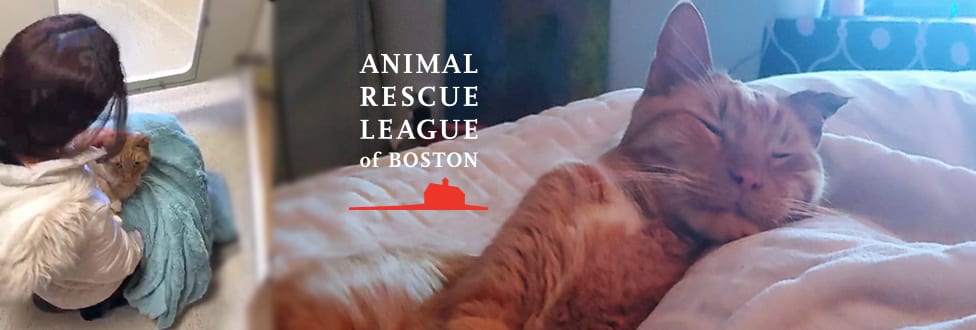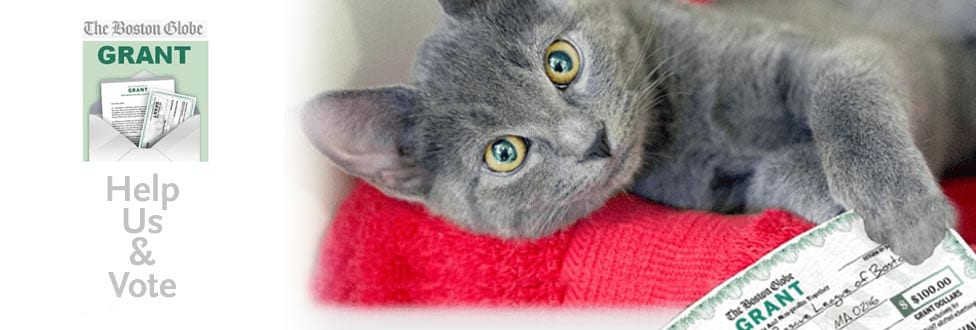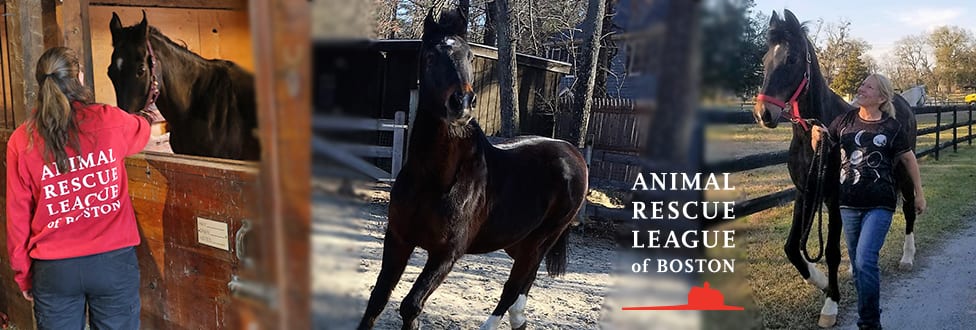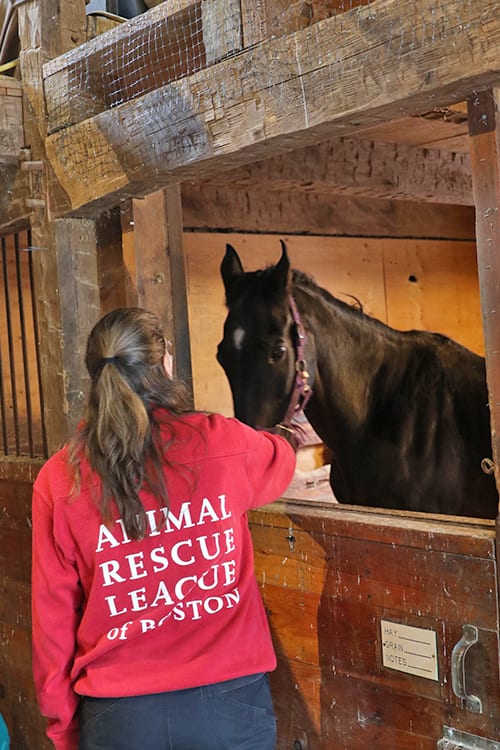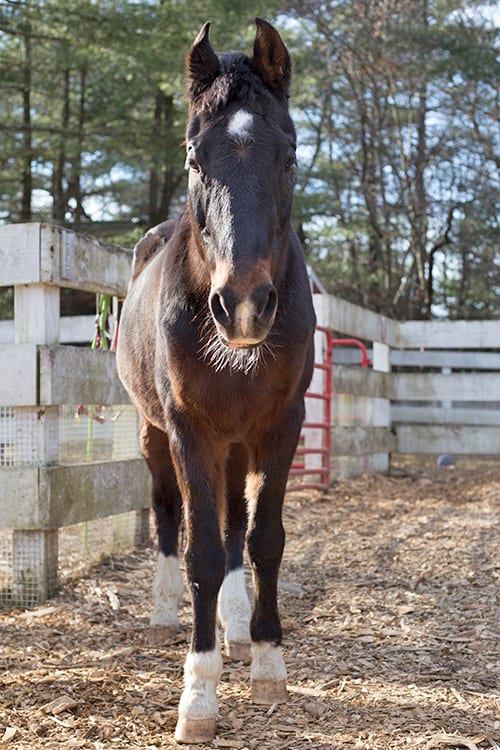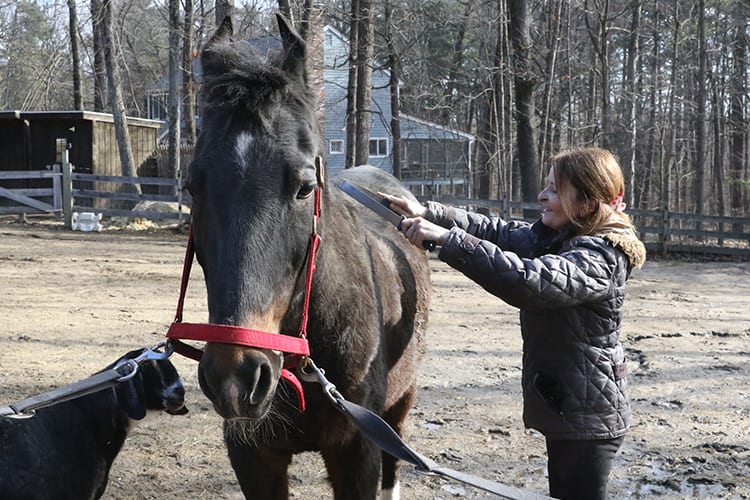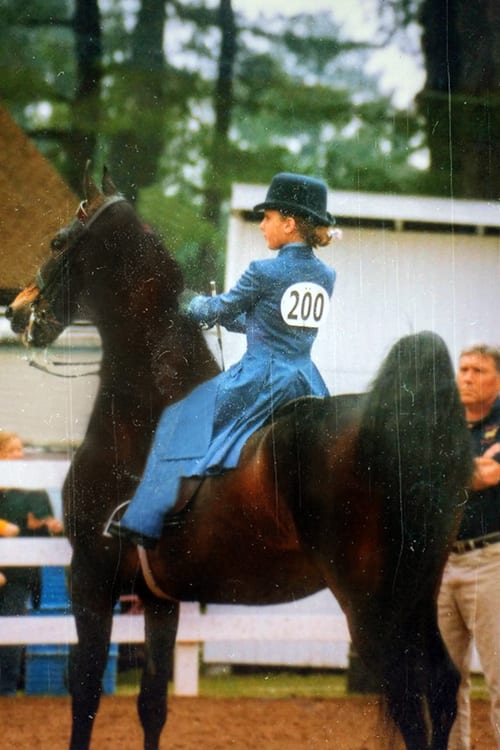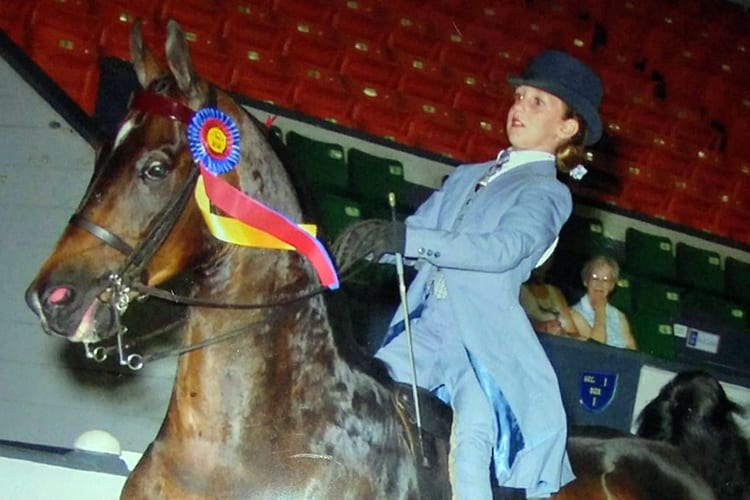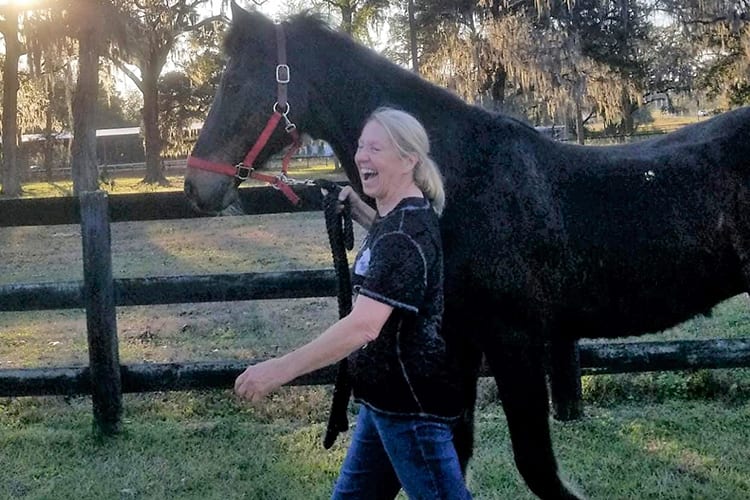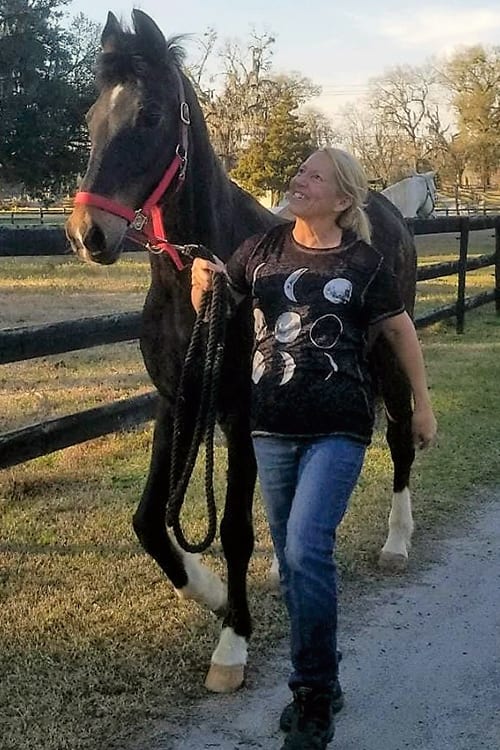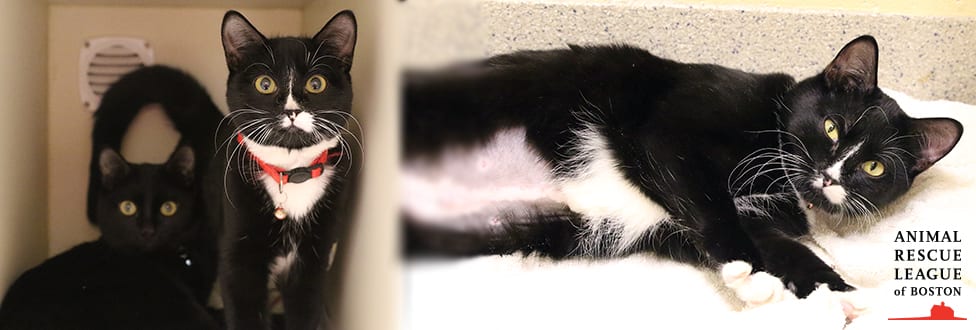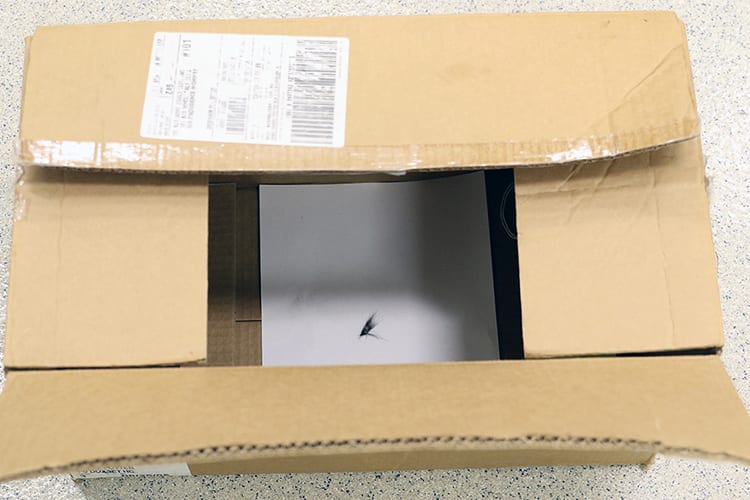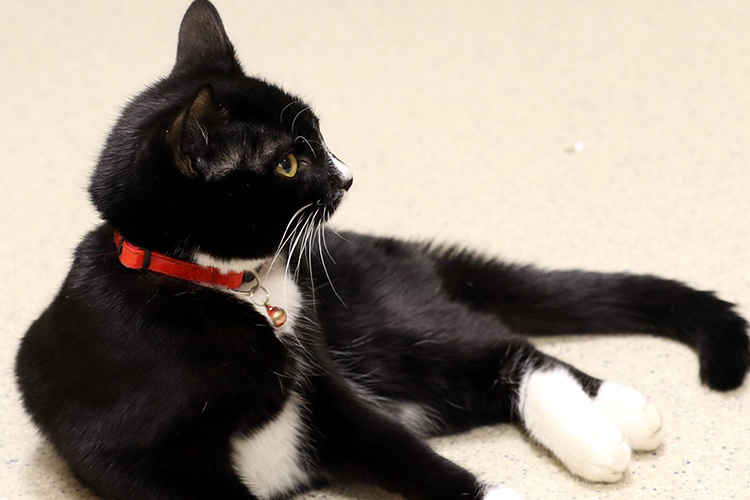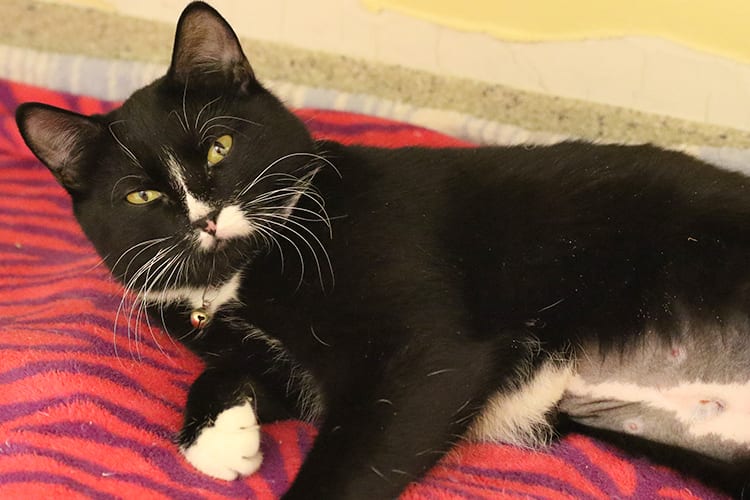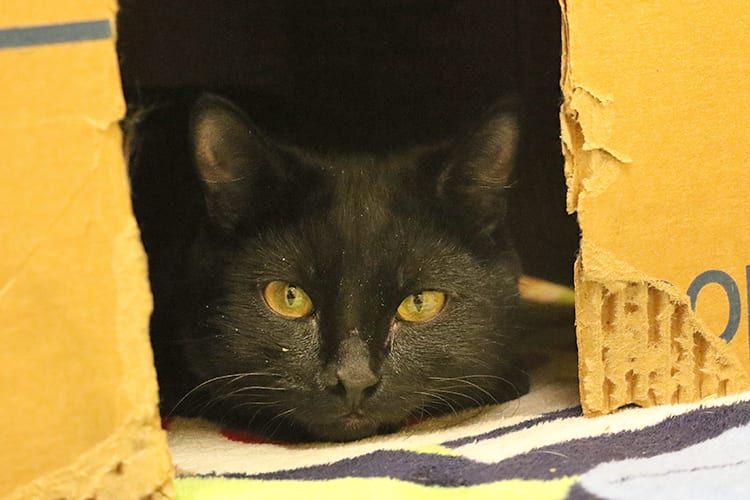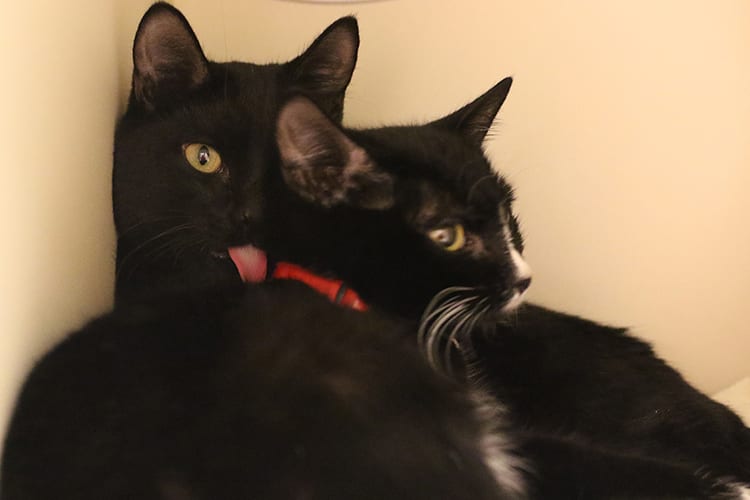Volunteer Appreciation Week 2019!
Volunteers drive ARL’s mission
It’s one of the greatest weeks of the year at the Animal Rescue League of Boston (ARL), as the organization annually dedicates a week in April to heartily thank the hundreds of volunteers who truly make ARL an unwavering champion for animals.
Our Animal Care & Adoption Centers, Spay Waggin’, and administrative offices depend on volunteers to help with everything from feeding and training shelter animals, to providing care to community cats, to staffing special events, to general office support, and much more!
In 2018, nearly 550 volunteers dedicated an incredible total of 27,114 hours and the countless tasks that volunteers tackle on a daily basis has an immeasurable impact on the animals ARL cares for.
During celebrations in Boston, Brewster, and Dedham, ARL not only thanks every volunteer in attendance, but also hands out staff-nominated awards for those volunteers who shined the brightest during the past year.
The 2019 award winners are:
- Best of Boston – Tori Reilly
- Cape’d Crusader – Steve Chapman
- Dedham’s Most Dignified – Janice Manwiller
- ARL’s Unsung Hero – Kelley Mackinnon and Diane Toomey
- All Other Creatures Big and Small – Denise Fritschy and Kevin Tenney
- Admin’s Above and Beyond – Paula Dillon
- Our Four Footed Friends Favorite Foster Parent – Sue Lowell
Volunteers at each ARL branch also had an opportunity to recognize an outstanding staff member:
- Boston – Claire Humphries
- Brewster – Becky Leuenberger
- Dedham – Alicia Muller
Congratulations to our winners and THANK YOU to all of our volunteers who in the past year made such an incredible impact for animals in need!
Ready to Make a Difference for Animals in Need?
ARL is always looking for dedicated individuals willing to lend their hands, hearts, and time for animals in need. For more about the volunteer process and to see current opportunities, click here!




